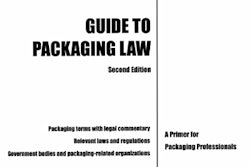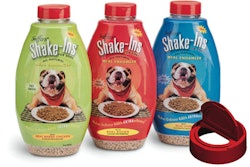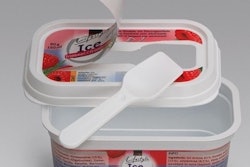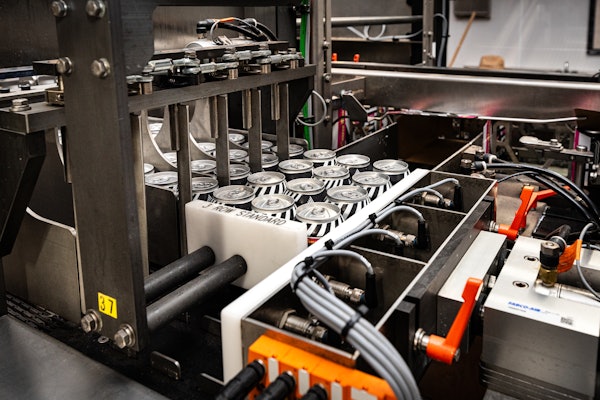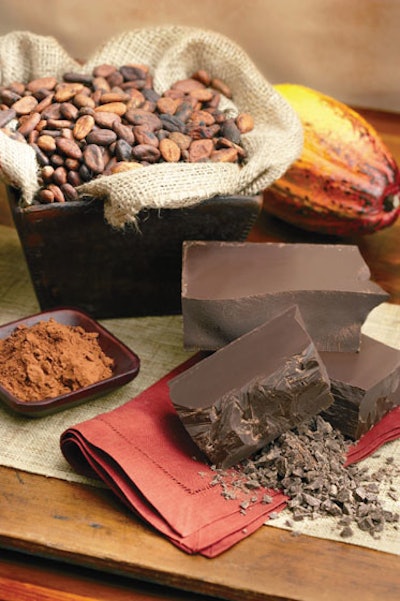
“Mars has always taken its usage of packaging materials very seriously and worked to use the smallest amount of the least harmful materials possible to accomplish our packaging goals—from protection to presentation,” Rabinovitch tells Packaging World. “We believe it’s important to look at sustainability holistically rather than taking the elements of packaging, the manufacturing process, and logistics as separate independent entities.”
One example of holistic thinking was the switch from a multi-wall paper to a woven polypropylene structure on the Mars 52 lb dry Pedigree® Food for Dogs product. Although the new plastic package had less than half the weight and carbon footprint of the (mostly) paper package, the biggest savings actually came from a reduction in damages in handling. The new, tougher bag decreased the company’s damage rate by 65% to 75%. This switch actually saved 350% of the emissions of the original packaging structure; 50% from the new package, and 300% from the product that wasn’t lost in distribution.
Successful partnership leads to new lightweight glass jar
Rabinovitch’s advice to others interested in sustainability is to “Look for linkages between parts of the supply chain—everyone is focusing on their niche (distribution, packaging, manufacturing, etc.) and not enough people are looking for ways to leverage benefits across niches.”
For the development of a new glass package, Mars joined with its supply-chain partner and the Waste and Resource Action Program (WRAP), a government-funded organization in Britain set up to develop methods to reduce the amount of materials going to landfills. Late in 2007, WRAP announced the successful trial by Mars of a lightweight glass jar for its Uncle Ben’s sauce brand produced in the Netherlands. The weight of the jar was reduced by 6% from 258 to 243 g. The company annually packages 30 million of these sauce jars at its Netherlands facility.


